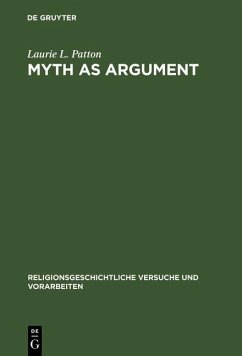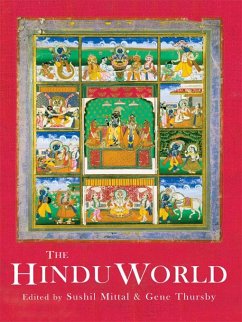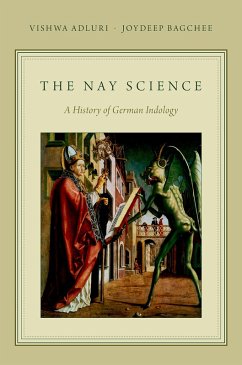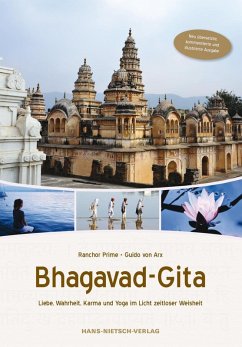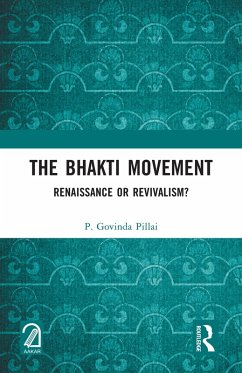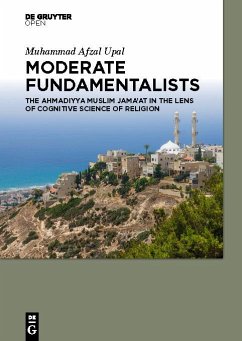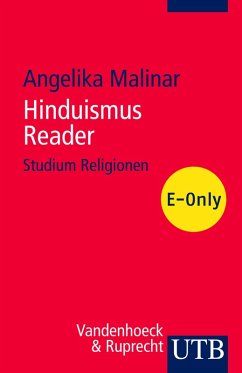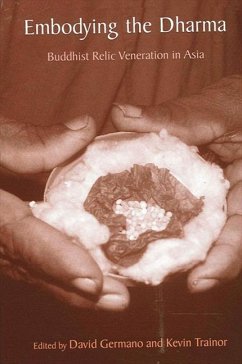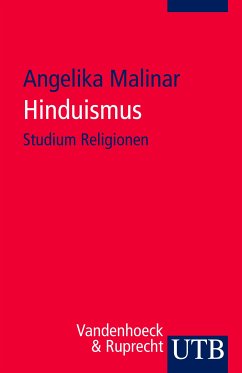
Embodying the Vedas (eBook, PDF)
Traditional Vedic Schools of Contemporary Maharashtra
Versandkostenfrei!
Sofort per Download lieferbar
0,00 €
inkl. MwSt.
Weitere Ausgaben:

PAYBACK Punkte
0 °P sammeln!
Popularly Hinduism is believed to be the world¿s oldest living religion. This claim is based on a continuous reverence to the oldest strata of religious authority within the Hindu traditions, the Vedic corpus, which began to be composed more than three thousand years ago, around 1750¿1200 BCE. The Vedas have been considered by many as the philosophical cornerstone of the Brahmanical traditions (¿stika); even previous to the colonial construction of the concept of ¿Hinduism.¿ However, what can be pieced together from the Vedic texts is very different from contemporary Hindu religious pract...
Popularly Hinduism is believed to be the world¿s oldest living religion. This claim is based on a continuous reverence to the oldest strata of religious authority within the Hindu traditions, the Vedic corpus, which began to be composed more than three thousand years ago, around 1750¿1200 BCE. The Vedas have been considered by many as the philosophical cornerstone of the Brahmanical traditions (¿stika); even previous to the colonial construction of the concept of ¿Hinduism.¿ However, what can be pieced together from the Vedic texts is very different from contemporary Hindu religious practices, beliefs, social norms and political realities. This book presents the results of a study of the traditional education and training of Brahmins through the traditional system of education called gurukula as observed in 25 contemporary Vedic schools across the state of Maharasthra. This system of education aims to teach Brahmin males how to properly recite, memorize and ultimately embody the Veda. This book combines insights from ethnographic and textual analysis to unravel how the recitation of the Vedic texts and the Vedic traditions, as well as the identity of the traditional Brahmin in general, are transmitted from one generation to the next in contemporary India.
Dieser Download kann aus rechtlichen Gründen nur mit Rechnungsadresse in A, B, BG, CY, CZ, D, DK, EW, E, FIN, F, GR, HR, H, IRL, I, LT, L, LR, M, NL, PL, P, R, S, SLO, SK ausgeliefert werden.




